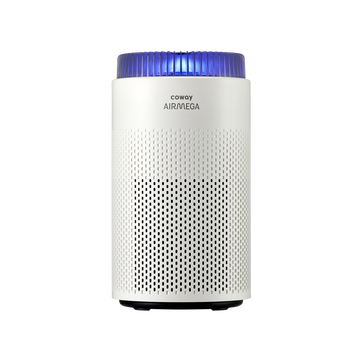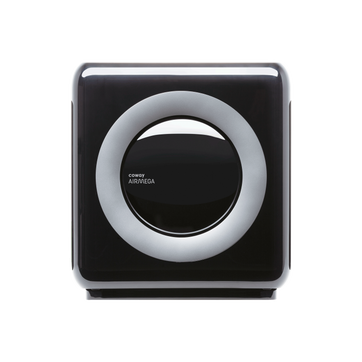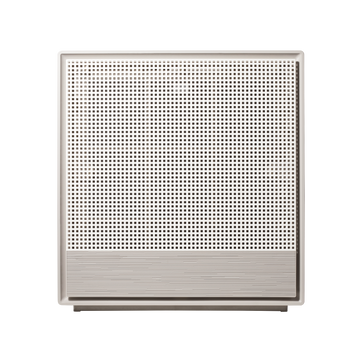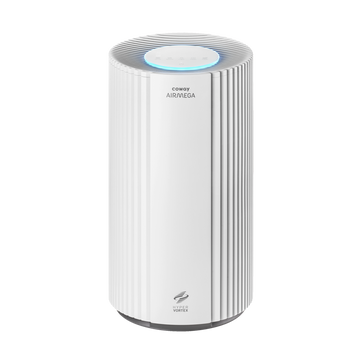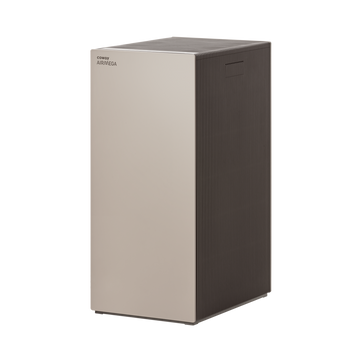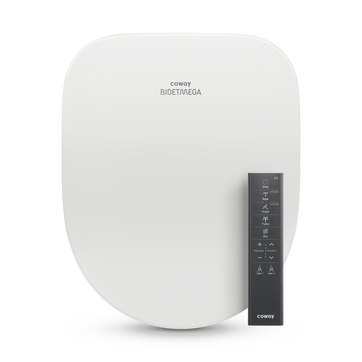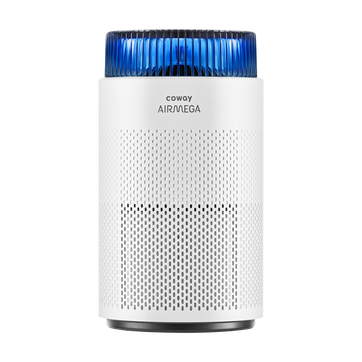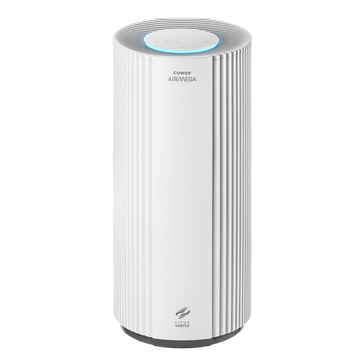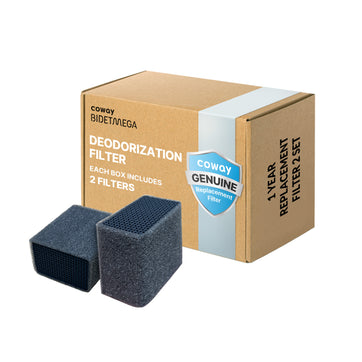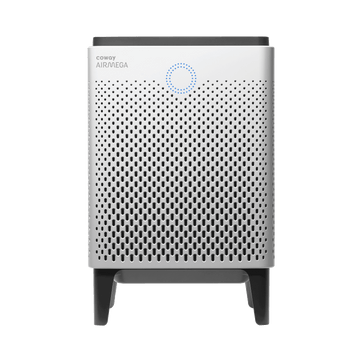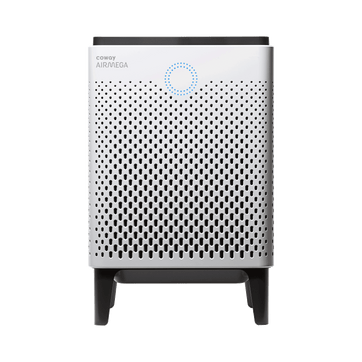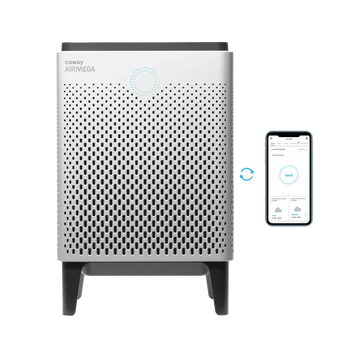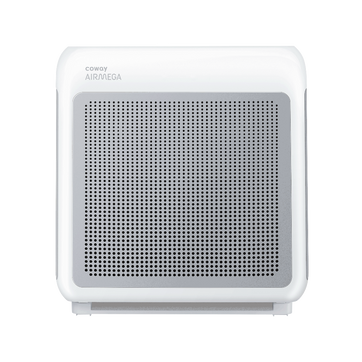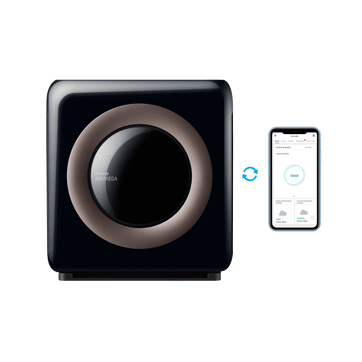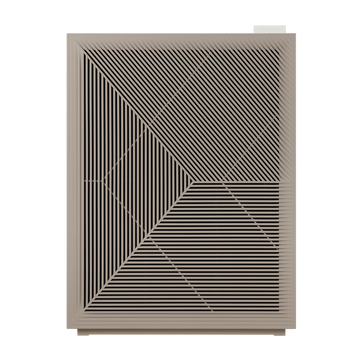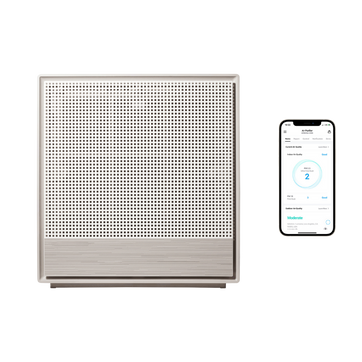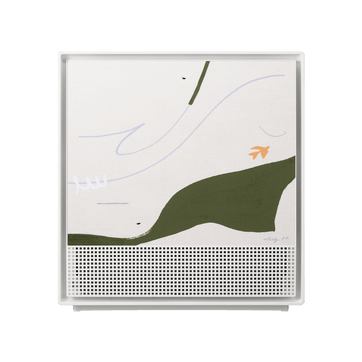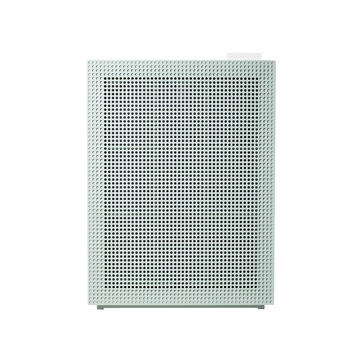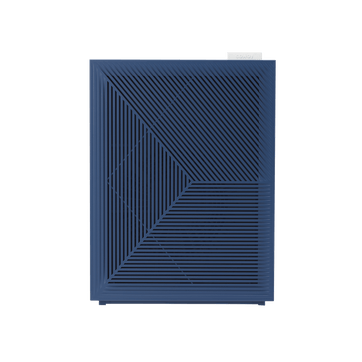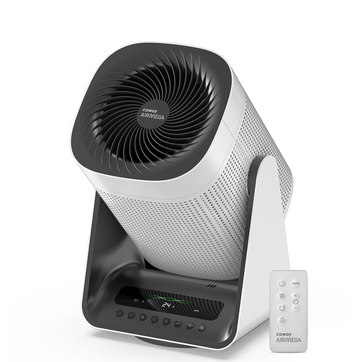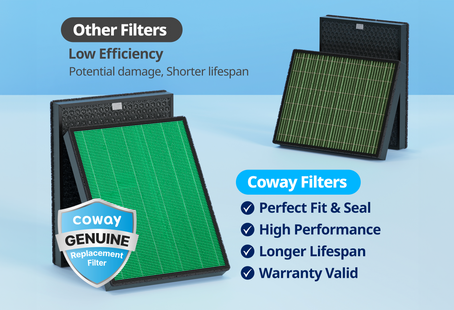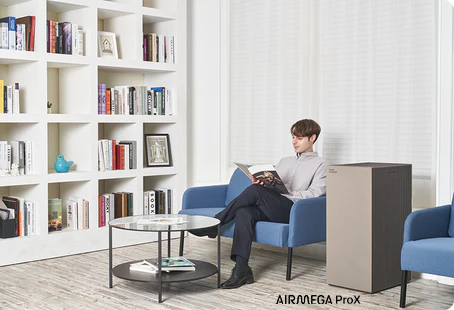
How Air Pollution Impacts Mental Health
When it comes to our bodies, what we put in is what we get out. This applies to the quality of the food we eat, the amount of water we drink and even the air we breathe. While it has long been a well-known fact that our food and water consumption habits affect not only our physical but also our mental health, there is a strong link between the quality of our air and our mental health.
Studies show links between air pollution and mental illness
Air pollutants, according to the WHO, can cause serious neurocognitive effects ranging from behavioral problems to neurodegenerative disorders. Data from China published in 2018 showed that increases in airborne particulate matter concentration increase the likelihood of having a mental illness by 6.67%. Studies found that air pollutants, specifically particulate matter, induce inflammation and oxidative stress in the brain which can lead to depression.
A study at Ohio State University exposed mice to high levels of fine particulate air pollution five times a week, eight hours a day, to mimic the exposure a human commuter might receive in a smoggy city.
- After 10 months, researchers found that the mice exposed to polluted air took longer to learn a maze task and made more mistakes than mice that had not breathed in the pollution.
- Additionally, the pollutant-exposed mice showed signs of depression, like giving up during swim tests and losing interest in sugar water.
- What’s more, the mice exposed to polluted air suffered physical changes to the nerve cells in their hippocampus, with fewer spines present on the tips of their neurons.
These findings are especially relevant to those who live in areas with high levels of air pollution, as the quality of outdoor air inevitably impacts the quality of indoor air.
The American Lung Association ranks Bakersfield, Fresno, Visalia, San Francisco and Los Angeles, California as the top 5 most polluted cities in the country by year-round particle pollution.
Even in cities with lower levels of air pollution, indoor air quality is still a problem for those who spend a lot of time cooking in poorly ventilated areas or use HVAC systems to heat or cool their homes and workplaces.
Air purifiers improve indoor air quality
Air purifiers are extremely important in homes, workplaces and other enclosed indoor spaces because they can filter out harmful pollutants that otherwise could cause adverse effects to physical health, mental health and memory. Use an air purifier in bedrooms, living rooms, offices, gyms and small businesses to lower the impact of harmful air pollutants.
Coway Airmega has been tested and proven to capture and remove 99.999%1 of fine airborne particles and contaminants with its HyperCaptiveTM Filter technology. A combination of a Green True HEPA™ filter and an activated carbon filter efficiently and effectively clean dust, pollen, dander, viruses and bacteria in addition to smoke, VOCs and PFCs. To learn more about Airmega and start improving your own indoor air quality, visit cowaymega.com.
¹Coway air purifiers have been proven to trap dust, pollen, dander, viruses and bacteria in the air based on KCL(Korea Conformity Laboratories) testing. They have been tested in a 30㎥ size chamber according to the Korea Air Cleaning Association standard (SPS-KACA 002-132:2018 Modified) to measure the 0.01㎛ size particle removal rate. It was tested on maximum fan speed in normal room temperature and humidity conditions. The performance may vary in the actual living environment of customers. Tested with 150, 160, AP-1216L, AP-1512HH, AP-1512HHS, 200M, Icon, IconS, 230, 240, 250, 250S, 300, 300S, 400, 400S
Disclaimers
1Coway air purifiers have been proven to trap dust, pollen, dander, viruses and bacteria in the air based on KCL (Korea Conformity Laboratories) testing.They have been tested in a 30㎥ size chamber according to the Korea Air Cleaning Association standard (SPS-KACA 002-132:2022 Modified) to measure the 0.01㎛ size of particle removal rate. It was tested on maximum airflow speed in normal room temperature and humidity conditions. The performance may vary in the actual living environment of customers.
→ Tested with Airmega Aim, 50, 100, 150, 160, Tower AP-1216L, Mighty AP-1512HH, MightyS AP-1512HHS, 200M, Icon, IconS, 230, 240, 250, 250 Art, 250S, 300, 300S, 350, 400, 400S, 450, ProX
299.97% of viruses, bacteria, fungi and pollen were verified to be removed from the air for Coway air purifiers which have Green True HEPA™ filter applied based on the Japan Food Research Laboratories(JFRL) testing according to JEM 1467 standard.
→ Tested with Coway Airmega Mighty AP-1512HH, MightyS AP-1512HHS, 250, 250 Art, 250S, 300, 300S, 400, 400S
→ All tested by JFRL and received above result within below time.
4The concentration of ammonia, acetaldehyde and acetic acid were proven to be removed within 30 minutes by FCG Research Institute, Inc. Human Life Science Lab. It is not a demonstration result in the actual use space. Not all odors and gases may be supported. → Tested with Coway Airmega 150, 160, Mighty AP-1512HH, MightyS AP-1512HHS, 400, 400S
5The coverage area of the air purifier is based on an area where the air cleaner can make two air changes per hour (ACPH). An air change per hour translates to how many times an air purifier can clean an area, assuming the height of a ceiling to be 8 ft, in one hour. Therefore ** means two air changes per hour means that the cleaner can clean the area once every 30 minutes and * means air changes per hour means that the air purifier can clean the area once every 60 minutes.
10Terms and conditions apply. Discounts, including promotions, coupons, bundle discount and subscription discount, cannot be stacked on top of other coupons. During promotional periods, discount codes will not be able to be applied to orders. Promo codes may apply to products only—filters, accessories, and new products within 3 months of the release date are not included.
11Based on Coway R&D internal laboratory testing, activated carbon filtration was shown to remove up to 95% of ammonia odors within 40 minutes, and up to 99% of fecal odors within 20 minutes. Actual performance may vary depending on usage conditions.
